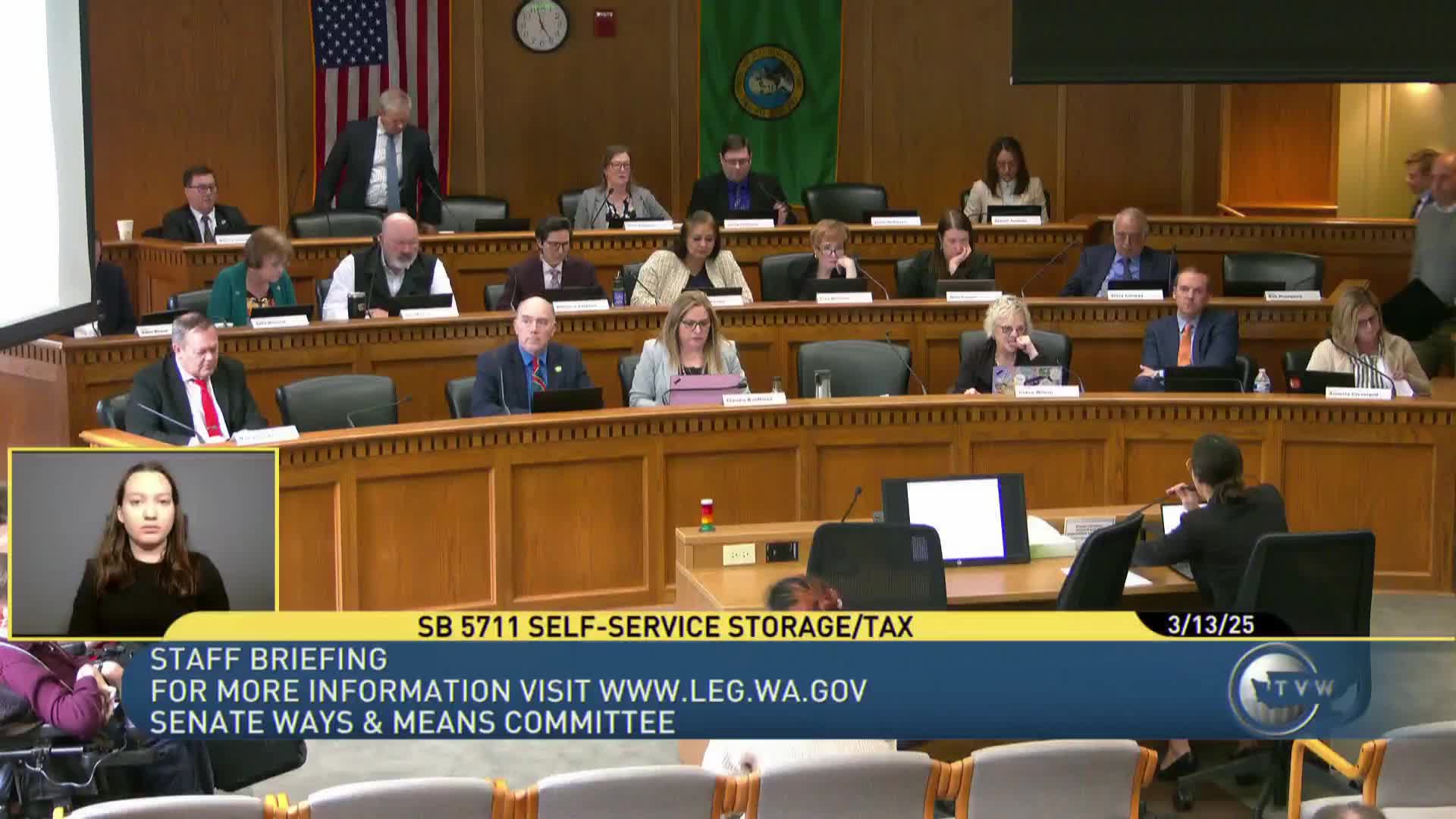Article not found
This article is no longer available. But don't worry—we've gathered other articles that discuss the same topic.
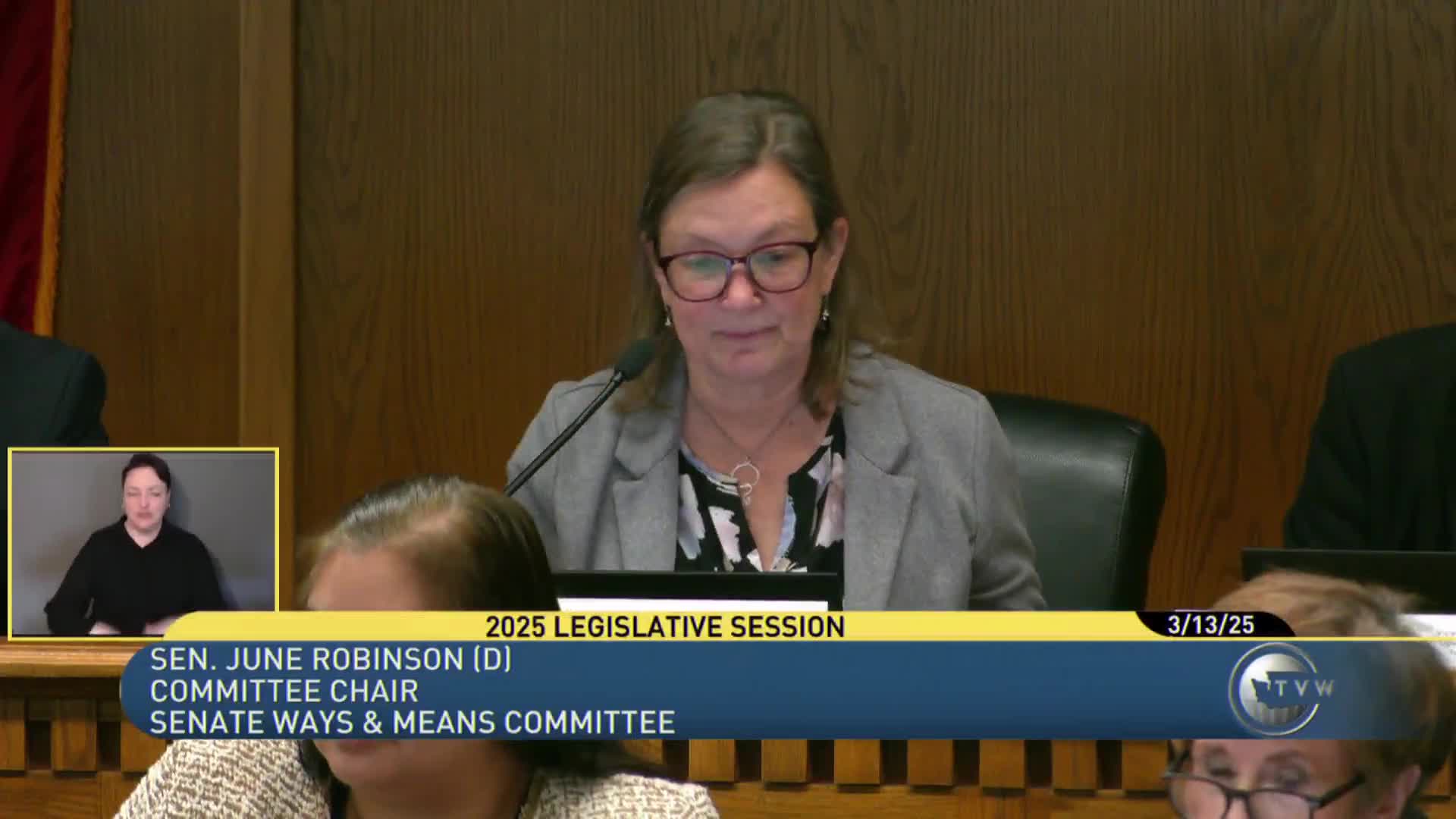
Senate committee hears hours of testimony on proposed closure of Rainier School
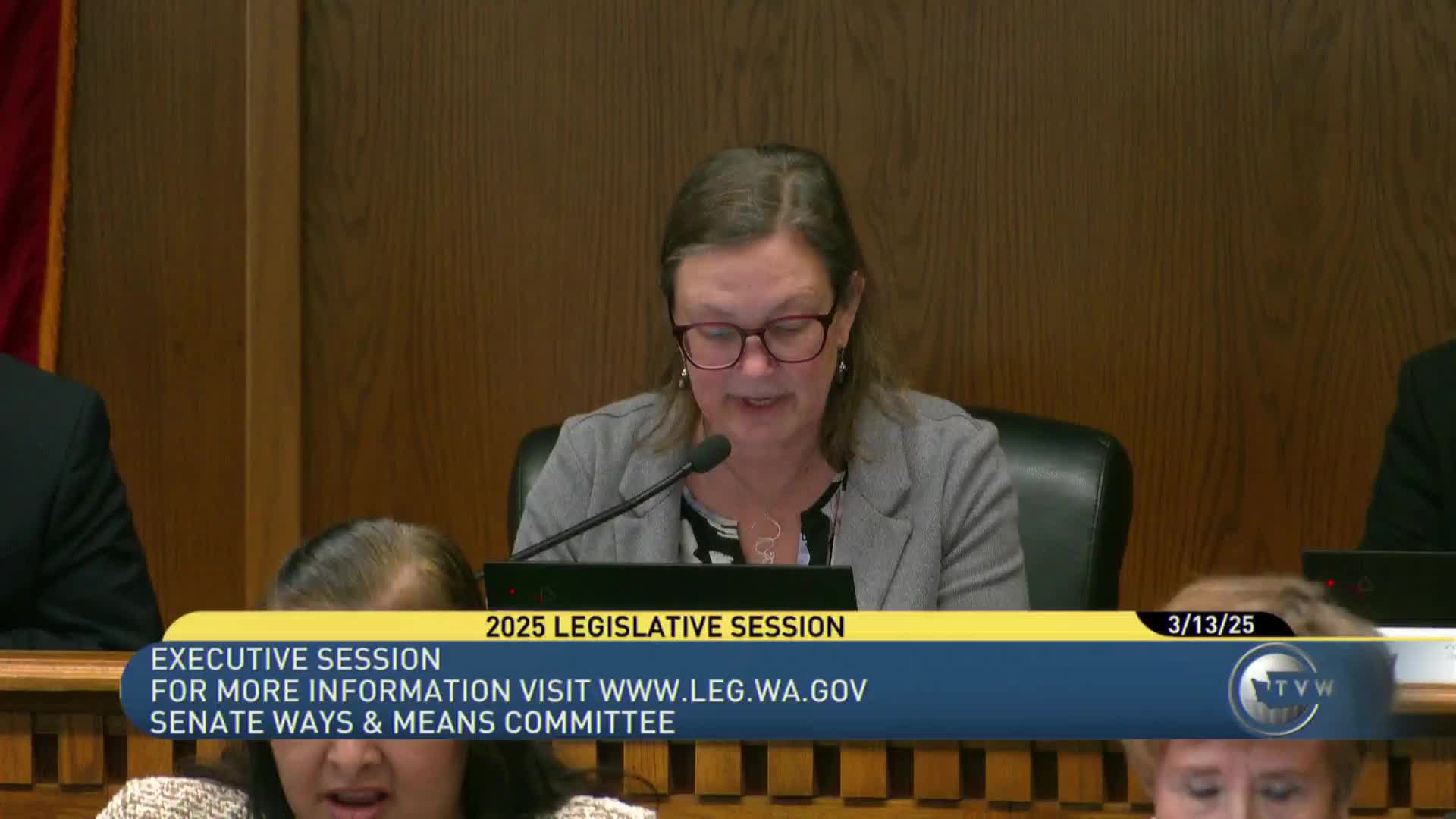
Ways & Means advances three House bills to rules committee in executive session
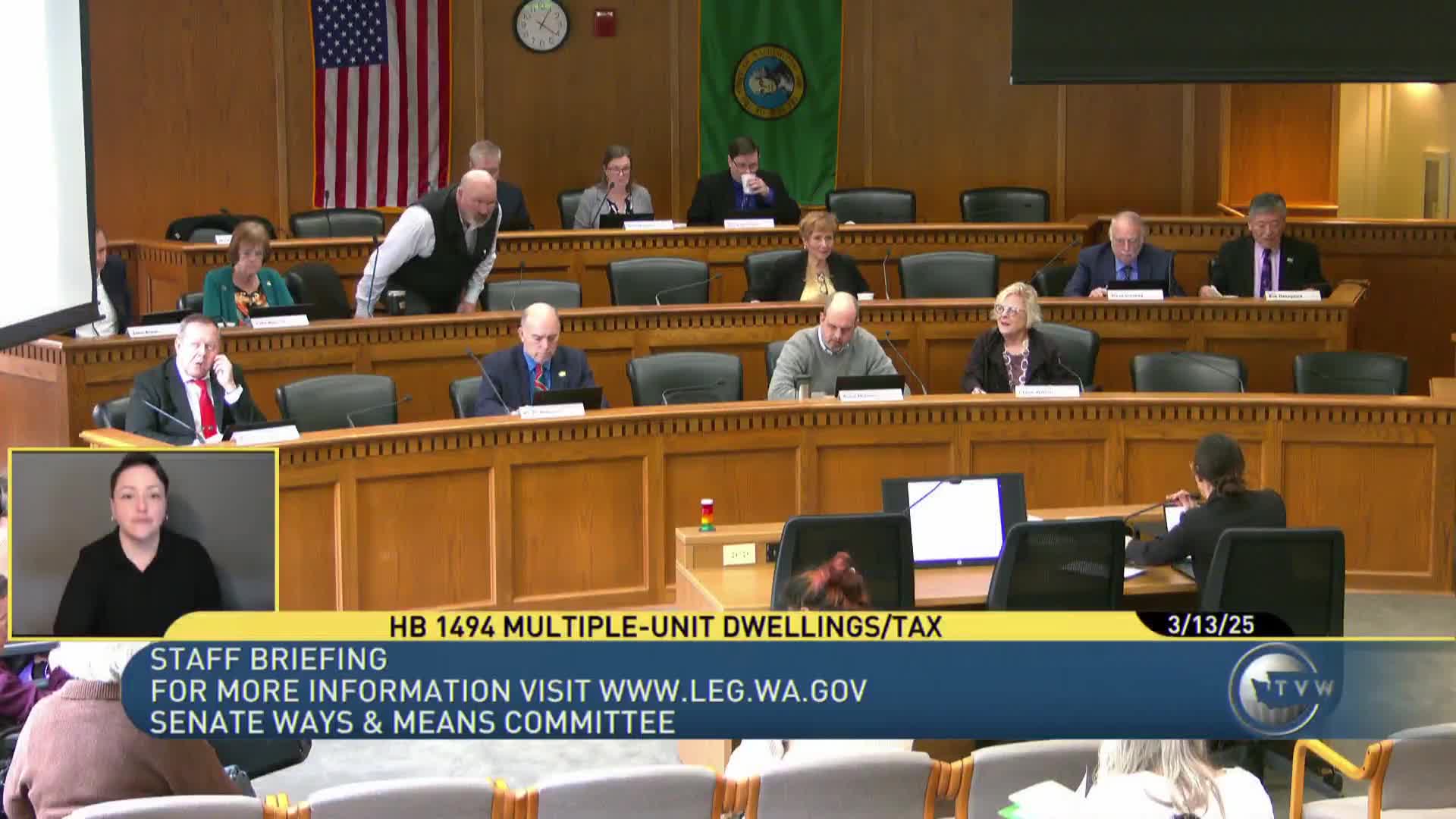
Committee hears support for expanding Multifamily Property Tax Exemption program in House Bill 1494
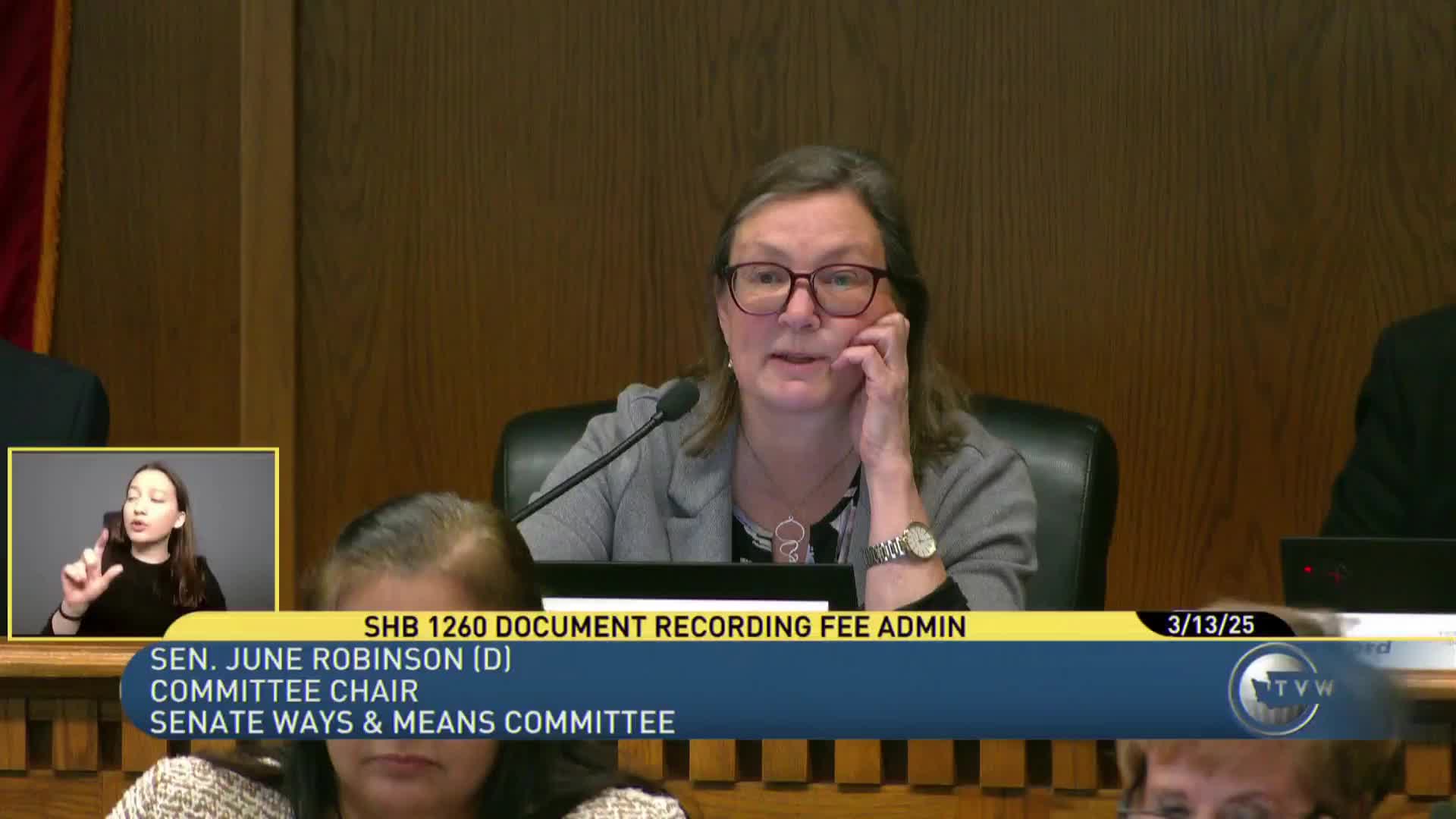
Educators urge committee not to cut National Board stipends; substitute bill would reduce bonuses to $3,000
